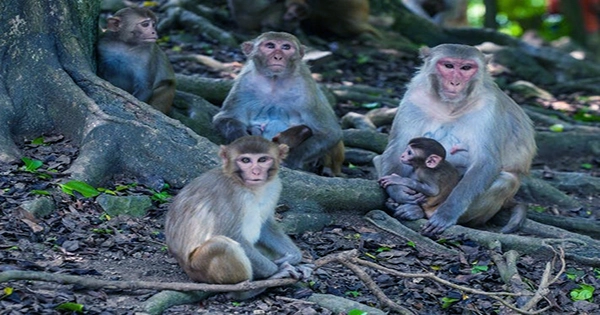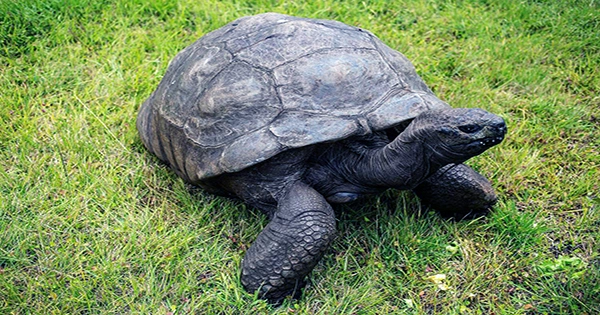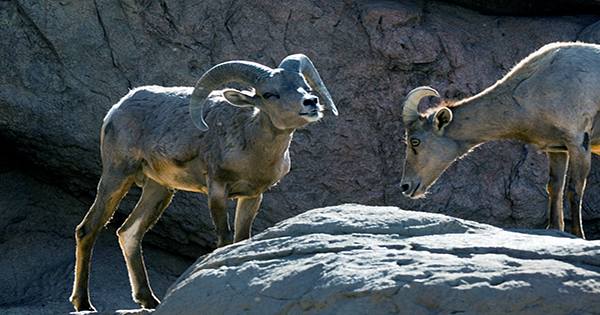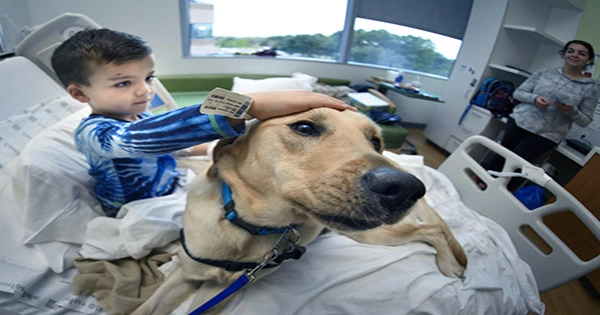A deadly cyclone that killed over 3,000 people may have had an odd impact on a monkey population in the area. When Hurricane Maria hit Puerto Rico in September 2017, it also hit the nearby “Monkey Island” of Cayo Santiago, where scientists have long studied a population of rhesus macaques.
The researchers discovered that the storm’s impact may have accelerated the aging of the monkeys’ immune systems by looking at molecular alterations in the rhesus macaques after the storm hit. The findings show that extreme weather may have a similar deleterious influence on human biology, which is alarming given that climate change may cause an increase in such events.
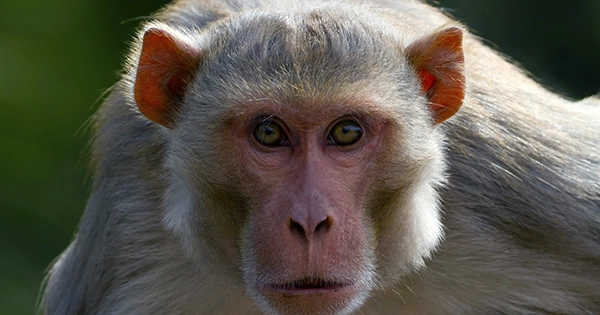
In a statement, corresponding author Noah Snyder-Mackler, an assistant professor at Arizona State University’s School of Life Sciences, said, “While everyone ages, we don’t all age at the same rate, and our lived experiences, both bad and positive, can affect this speed of aging.”
“Surviving a traumatic event might cause persistent inflammation and the emergence of age-related disorders like heart disease. However, scientists still don’t understand how these events become lodged in our bodies, causing detrimental health impacts that may not manifest for decades after the incident.” The researchers used blood samples from rhesus macaques to see if (and how) Hurricane Maria affected immune cell gene regulation and aging. They then compared the findings to age-matched samples taken before to the hurricane.
After the hurricane, four percent of the monkeys’ immune cell genes were altered, according to a global examination of immune gene expression. Inflammation-related genes were also found to be the most highly expressed, while those involved in key immunological processes were downplayed. T cells, adaptive immune response, protein translation, folding, and refolding were among the topics covered. Heat shock genes, whose downregulation has been linked to Alzheimer’s and cardiovascular disorders, were among the worst affected. The findings aren’t good for the monkeys. However, because rhesus macaques have similar behavioral and biological qualities to people and age at a similar rate, it is likely that human health will suffer as a result of extreme weather occurrences.
“On average, monkeys who survived the hurricane had immune gene expression profiles that were two years older, or roughly seven or eight years longer than a human lifespan,” said lead author Marina Watowich Watowich, who believes the study may have, at least in part, answered how negative events can become embedded in our bodies and lead to deterioration in health. “We [have uncovered] a fundamental mechanism – immune cell gene regulation – that may explain how hardship, particularly in the setting of natural disasters, may eventually ‘get under the skin’ to promote the start and progression of age-related diseases.”
